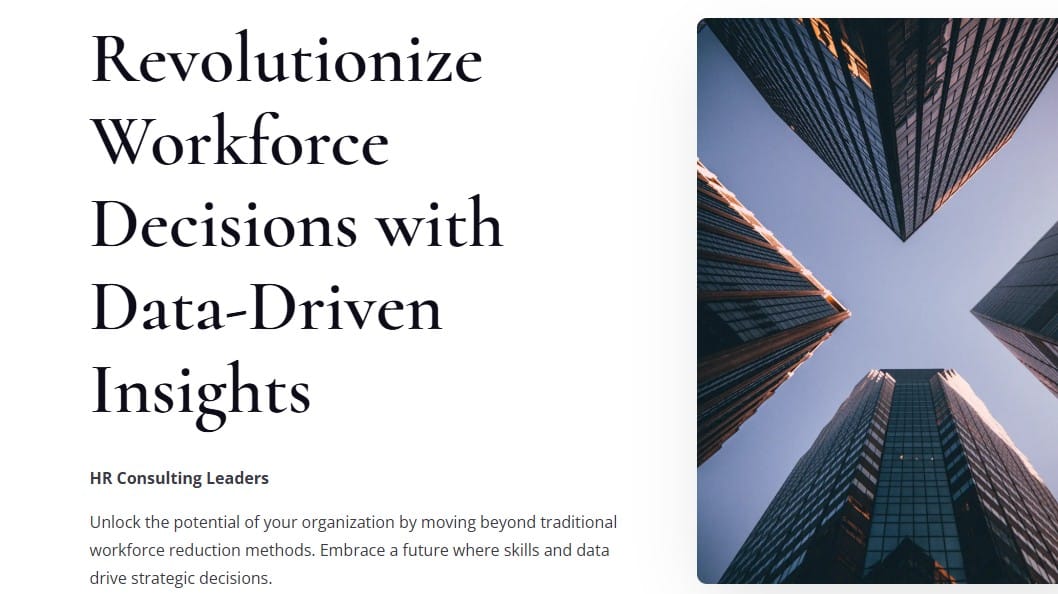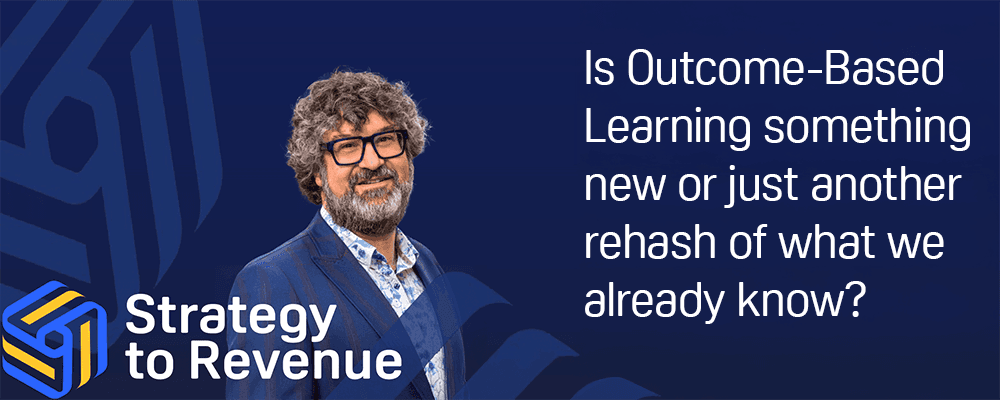Empower Your Workforce with AI
Bridge the Skills Gap for AI Success
Unlock your organization’s potential by leveraging existing skills and addressing gaps to ensure AI adoption success.
Harnessing Existing Skills for AI
Organizations already possess a wealth of skills that can be pivotal in AI adoption. Identifying and leveraging these skills can lay a strong foundation for advanced AI capabilities. Recognizing and utilizing existing analytical, problem-solving, and technical abilities within your team can facilitate a smoother transition to AI.
Steps to Leverage Existing Skills
Follow these steps to identify and leverage your organization’s existing skills for AI adoption:
1
Conduct Skills Inventory
Catalog the existing skills within your organization, focusing on those relevant to AI and data analytics.
2
Promote Cross-Training
Encourage employees to share their knowledge and expertise through internal training sessions and mentorship programs.
3
Align Skills with AI Projects
Match existing competencies with AI initiatives to provide hands-on experience and foster growth.
Common Questions About AI Adoption
What is AI readiness?
AI readiness refers to an organization’s preparedness to implement and integrate artificial intelligence technologies effectively. It includes having the necessary skills, infrastructure, and strategic planning in place.
How can we identify skills gaps in our organization?
Conducting a skills inventory and using tools like Kompetently’s AI Readiness Assessment can help identify existing skills and pinpoint gaps that need to be addressed for successful AI adoption.
What are the benefits of AI for businesses?
AI can enhance efficiency, improve decision-making, automate repetitive tasks, and provide valuable insights through data analysis, leading to better business outcomes.
How do we start with AI adoption?
Begin by assessing your current capabilities, identifying relevant AI projects, and developing a strategic plan that includes training programs and a robust framework for implementation.
What are the common challenges in AI adoption?
Common challenges include skills deficiencies, data privacy concerns, high implementation costs, and resistance to change within the organization.
How can we protect our data during AI implementation?
Implement robust data security practices, provide data security training to employees, and develop ethical guidelines for AI use to safeguard your corporate data and privacy.
What is the role of training in AI adoption?
Training is crucial for equipping your workforce with the necessary skills to handle AI technologies effectively. It helps bridge skills gaps and ensures a smoother transition to AI.
How do we measure the success of AI initiatives?
Set clear success metrics and key performance indicators (KPIs) to track the progress and impact of AI projects. Regularly review and adjust your strategies based on these metrics.
What are the ethical considerations in AI?
Ethical considerations include ensuring transparency, fairness, and accountability in AI use, as well as protecting user privacy and preventing biases in AI algorithms.
Our Expertise
AI Readiness Assessment
Our comprehensive assessment helps identify your organization’s current skill levels, pinpoint gaps, and provide actionable recommendations for targeted training programs.
Customized Training Programs
We offer tailored training sessions focused on critical AI competencies such as data analysis, machine learning, and AI ethics to enhance your workforce’s capabilities.
AI Strategy Development
Our experts assist in developing a robust AI strategy that aligns with your business goals, ensuring a smooth and effective AI adoption process.
Find Your AI Future Today
Contact Kompetently today to schedule your AI Readiness Assessment. Equip your team with the skills and knowledge needed to thrive in an AI-driven world. Let’s bridge the skills gap together and ensure your organization’s success.




